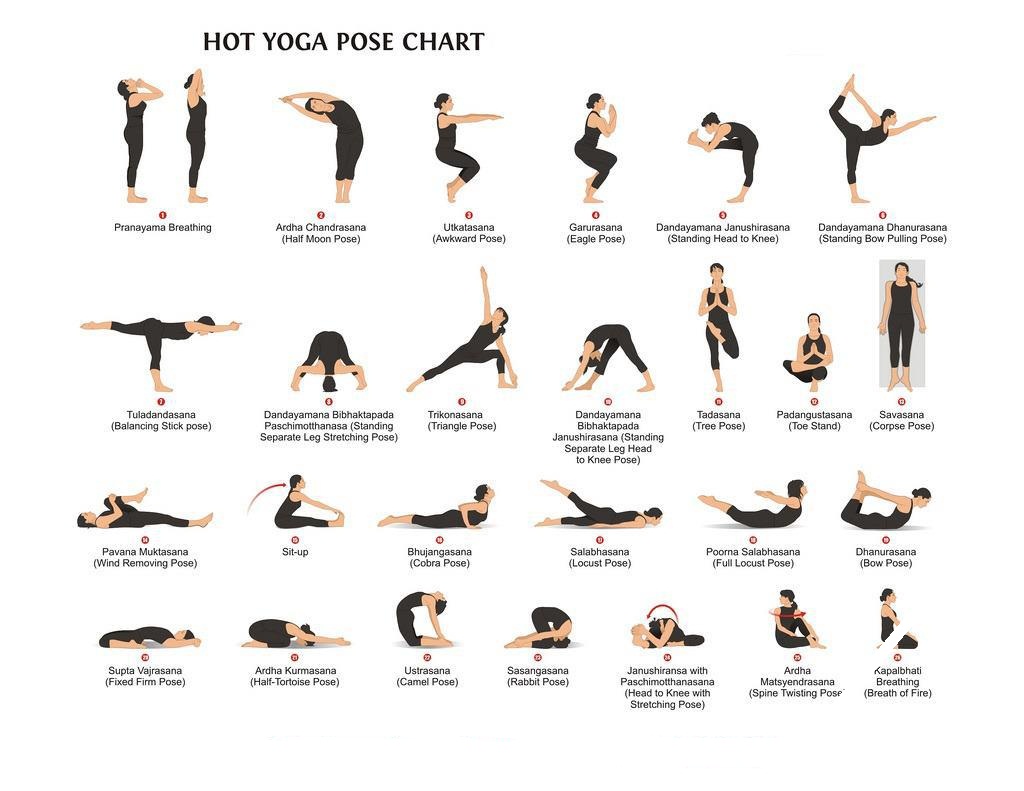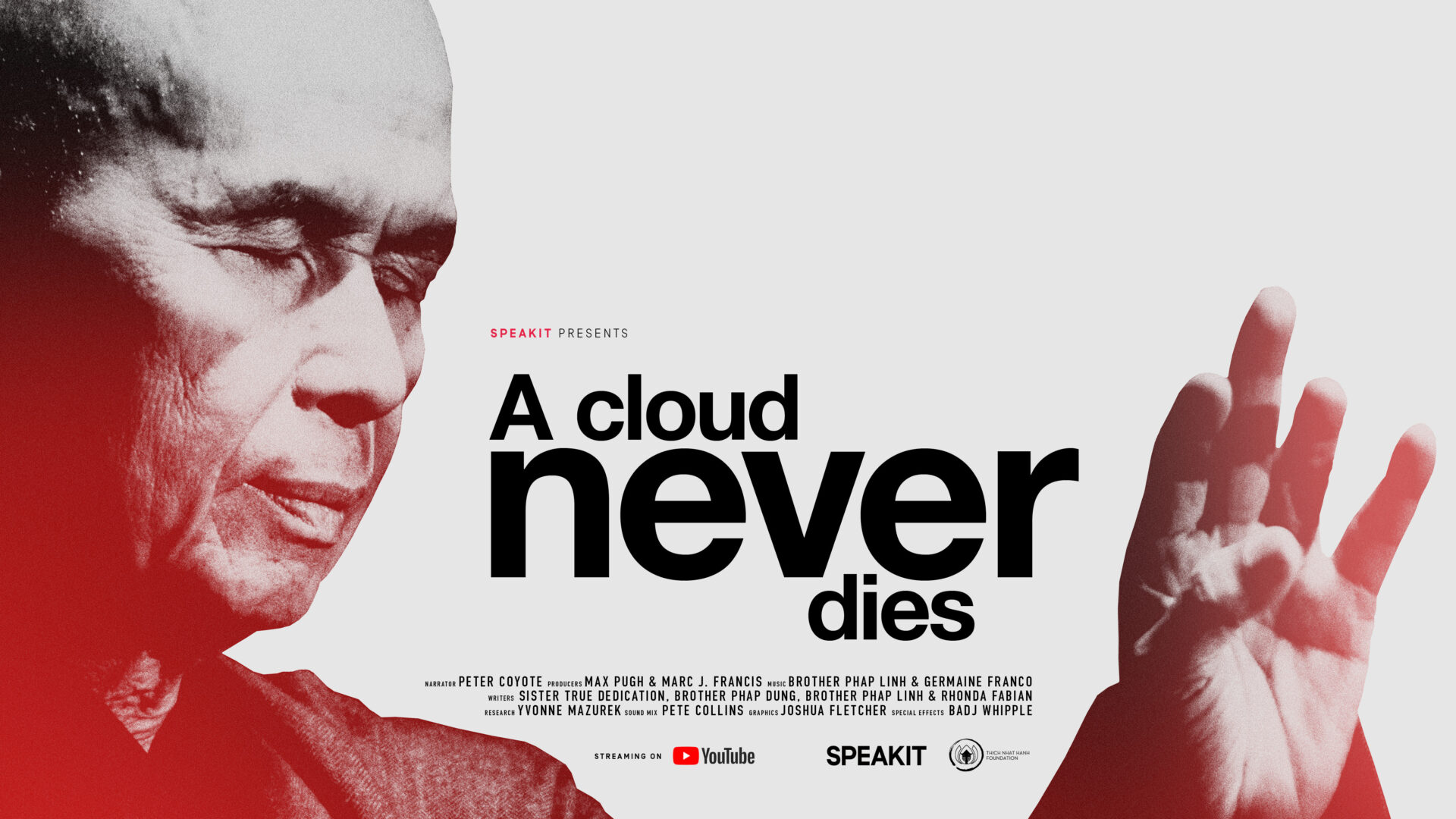It’s Comin’ Around Again
Deathiversaries, birthdays, holidays and other notable dates can feel like menacing beasts, waiting to jump out of the bushes and snatch away any hope of well-being. How can you face those terribly-timed memories that remind you of what once...

Recently, as I approached the month that signals the anniversary of my husband’s death, I noticed sticky thoughts trapping me in the shadowlands.
My thoughts kept dragging back to those final weeks and days of his life, looping the worst bits over and over, etching all my shortcomings into my sensitive skin. If only I had ordered the Chinese food he asked me for, before he was too sick to eat anything. If only I could have found a way to sleep beside him in that chair in the hospice for more than just two days. How horribly I betrayed him by imagining I needed to sleep in my own bed and get me some alone-time so that I could make it back to the hospice the next day for another marathon of sitting in a chair, watching his life drain away. I should have been there morning, noon, and night for my beloved … but I wasn’t.
These are the kinds of thoughts I tried kicking to the curb, but no matter how forcefully I told them to get lost, the joke was on me—grief kept coming back for seconds.
the more people I talked to, the more obvious it became that the mourners club was much bigger than I ever imagined: loss of pets, parents, partners, possibilities.
A year after his death, I looked back on those days, and at times I still felt confusion and regret. I found myself praying for forgiveness and hunting for any kind of life raft that might help me feel like I wasn’t just the worst person ever, because I hadn’t been able to prevent cancer from overtaking the dear one who had made my life a garden of happiness for just shy of 25 years.
And then, just when I couldn’t have felt more alone, an amazing thing happened—I discovered that I was not the only person who had ever lost something. Who knew?
In fact, the more people I talked to, the more obvious it became that the mourners club was much bigger than I ever imagined: loss of pets, parents, partners, possibilities. Grief was freakin’ everywhere. There were so many secret souls marking off dates that brought memories of pain. How could there be so much suffering when it seemed like no one ever talked about it?
I thought everyone else was good as gravy—but it turns out that there are others who feel that guilt and sadness are guests that might leave, only to return again and again.
Practicing Self-Compassion
My search for remedies unearthed something called self-compassion. Maybe this was the shiny carrot that might keep all the oozy, cruddy stuff from sucking me into the bog of despair. Self-compassion sounded pretty good!
In practice, though, loving yourself when you feel like poop might seem a helluva lot harder than simply tossing out parts of your own brain and living life as a happily lobotomized robot. So what is self-compassion? If you keep investigating, you might discover that ideas about self-compassion are not in fact the same as actually having compassion for yourself.
What does actual compassion look like? And what does it do to help with this climb up Doom Mountain?
If we choose to be awake to life, we will see that pain and loss are part of what’s on the menu and can’t be dodged. It is totally not a problem—it’s just reality.
When we turn towards ourselves with the deep understanding that comes from having been there for every moment of our own movie, we help calm the threat response that wants to defend against more hurt. If we choose to be awake to life, we will see that pain and loss are part of what’s on the menu and can’t be dodged. It is totally not a problem—it’s just reality.
Great—but then what?
Prepare for the difficult days by being curious about what is swirling in your body and mind. Pay attention. You are the primary caretaker of you. Honor your right to love and feel what you have lost, while loving what you still have, remembering that the most significant thing you still have is the beautiful one known as you. Yeah, really.
We engage self-compassion to bring some ease to the nervous system. Self-compassion can offer an instantly soothing response for the effects of emotional overwhelm. Self-compassion offers intentional thinking to help settle the whirling mind that might be helplessly trapped in a pain-focused story.
3 Mindful Tips for Getting Through Grief Anniversaries
Try these tips when significant dates, difficult memories, or resurfacing grief makes you feel like dog vomit.
1. Ground control to Major Tom! It’s kind of a scary feeling to be all alone in suffering. Notice how it feels if you can offer yourself some real ole-timey kindness—which might include saying to yourself, “Hey buddy, this hurts like a sonofabee! It’s OK, I gotcha!” See what you notice if you outrageously remind yourself that this really is hard, it’s not your imagination. What happens if you cut yourself some slack?
2. Chemistry 101. We are not only made of Funyuns (trademark sign). Beyond those delicious onion flavored rings, or maybe because of them, you are ruled by chemistry. When you offer yourself affectionate physical touch, your body barks like a happy puppy. Go ahead, give yourself a little lovin’ to help release the ooey-gooey goodness of oxytocin, sometimes known as the bonding chemical.
You can do this by giving yourself a hug or an arm squeeze. You can place a comforting hand on your upper chest or cradle your face. Do some experimenting and see if making a positive physical connection with yourself helps you feel a little less like you want to jump out of your own skin. Trying this out can be especially good when you’re pretty sure that nobody loves you no more. News flash #1! YOU gotta love you! How? Like the song goes, try a little tenderness.
3. Thought-watching. Stay awake to the thoughts that have “Hell-ride” tattooed on them. Those thoughts will convincingly remind you that your pathetic inability to control everything, especially bad things, is obviously a personal failing. Loser. News flash #2—not all thoughts are facts. Even the ones that tell you they are.
Mostly thoughts roll on habit loops. When these loops make you loopy, recognize that they are probably re-telling a not-so-nice tale of the past, or predicting a dark future. The antidote: Be Here Now! Notice when you’re hooked into a storyline. Then, gently shift your attention to anchor in the so-called present moment by connecting with your immediately experienced senses (like touch, smell, sound). For instance: bring your attention to some neutral part of your body, like your shoulders, or the tip of your nose, or feel yourself rooted to the ground, or held by your chair. Shifting away from the script of the horror show, into the now, even for a moment, can be enough to help free you from the agony you’re feeling trapped by.
It’s OK to feel sad. And even if you don’t feel it’s OK, it’s still going to happen. But if you want to suffer a little bit less, you can challenge the mental mayhem and focus on being here now. You can remind yourself that, every second of your life, there is always another dazzling new experience, just waiting for you to look up, as soon as you can, offering you a fresh start, every moment.

 Fransebas
Fransebas 
































